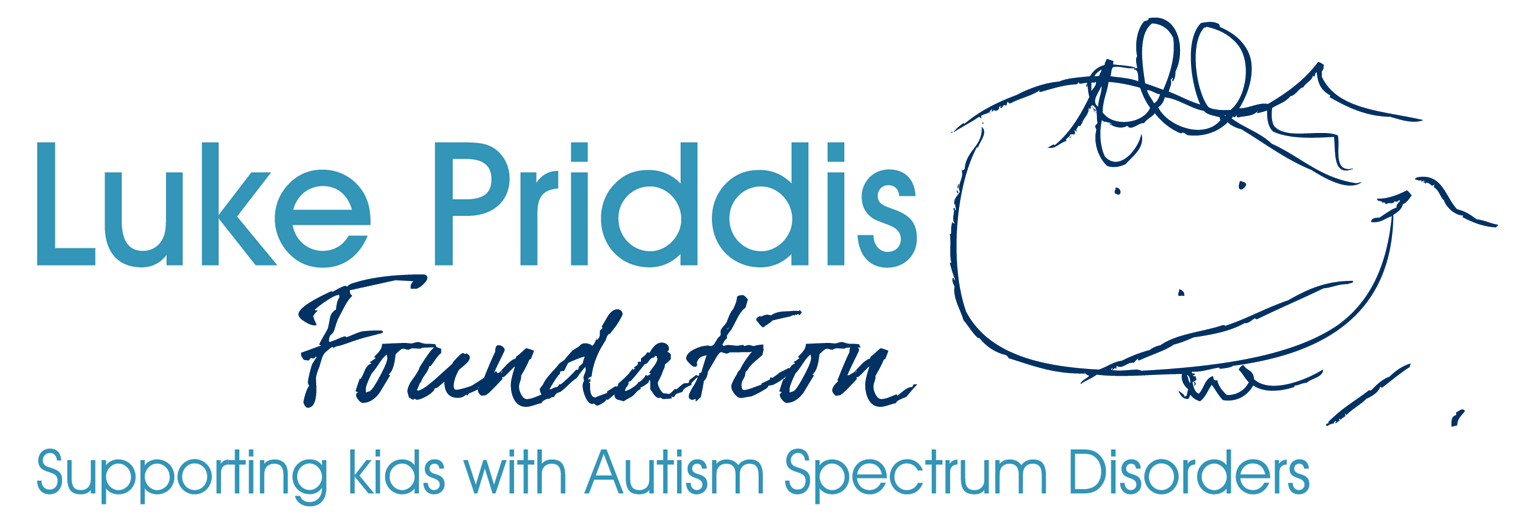Raising children with Autism.
The following resources are from Raising Children. Their site can by found by clicking HERE.
- Sometimes children get a late autism diagnosis because their autism signs become obvious only in adolescence.
- Autism signs in older children and teenagers include difficulty with conversations, friendships and schoolwork.
- An autism diagnosis describes abilities, difficulties and needs. It can guide support and help children get services.
- Some children feel relieved to have a diagnosis. Others need time to accept it and adjust.
Why some children get a late autism diagnosis
Many autistic children are diagnosed in early childhood. But for others, the behavioural signs of autism might not be as clear. It might not be until they’re at primary school or even secondary school that the question of autism comes up.
During these years, social and behavioural differences can become more obvious as children respond to the social and educational challenges of school and friendships.
What an autism diagnosis means for older children and teenagers
You might wonder whether getting and having an autism diagnosis in later childhood or adolescence will make a difference to your child.
The diagnosis itself won’t change your child, or the way that you think or feel about your child. But it might help you and your child understand your child’s strengths and difficulties.
A diagnosis describes your child’s strengths, abilities, difficulties and needs. And it can help to guide therapies and support for your child and help with getting services and funding to support your child’s development – for example, extra help at school.
How autism is diagnosed in older children and teenagers
There’s no single test for diagnosing autism in children and teenagers. Instead, diagnosis is based on:
- watching how your child interacts with others – that is, how your child is developing now
- interviewing you and your child
- reviewing your child’s developmental history – that is, how your child has developed in the past.
Diagnosis usually involves many specialists and professionals testing and assessing your child – this is called a multidisciplinary assessment. When many specialists work with your child, it gives your child the best chance of an accurate diagnosis. It also helps to develop the best plan to support your child.
A multidisciplinary team will usually include a paediatrician, a psychologist, a speech pathologist, and sometimes a child psychiatrist. It might also include other professionals, like an occupational therapist.
The professionals might want to see you and your child several times. They’ll ask you questions about your child’s current and past development and behaviour. They’ll measure your child’s strengths and difficulties in areas like thinking, moving, communicating and so on. And they’ll watch how your child interacts with others.
You might meet with all the team members on the same day in the same place. Or you might see one professional at a time. For example, you might see a speech pathologist or psychologist first and then a paediatrician at a later time.
The professionals might also visit the school to see how your child interacts with the other children there. They might get your child’s teacher to do a questionnaire so they can get a sense of your child’s behaviour in the classroom, in the playground and with school peers.
Most children will also have a language assessment by a speech pathologist.
Funding for assessment and diagnosis of autism
You can have your child assessed for autism through the public or the private health system.
Public assessment services are funded through your state or territory government and are often run through hospitals or health services. These are offered at no cost to families, but many have long waiting lists.
The other option is to be assessed privately. A paediatrician can refer you to another professional (like a psychologist or speech pathologist) to confirm the diagnosis. A private assessment can be expensive, and there might also be a waiting list.
You can claim a rebate from Medicare to help with some of the costs of the assessment sessions, but there’s still an out-of-pocket expense, and you’ll need to cover the full cost of any more assessment sessions. You might also be able to claim some of the fees through your private health fund, if you have one.
When you’re deciding whether to go through the public or private system for assessment, it can help to ask:
- Is there a waiting list? How long will it take before we get our first appointment?
- How long will it take until the assessment is finished and we get the results?
- How many sessions will you need with me and my child?
- Can I claim anything back from Medicare?
- Can you give me an estimate of my out-of-pocket expenses?
- Does it cost extra for the report about my child’s results?
Luke Priddis Foundation
Latest posts by Luke Priddis Foundation (see all)
- New Date for our Golf Day – November 11th 2022 - October 1, 2022
- Small but mighty. - February 3, 2022
- Term 1 Groups Program - January 18, 2022
